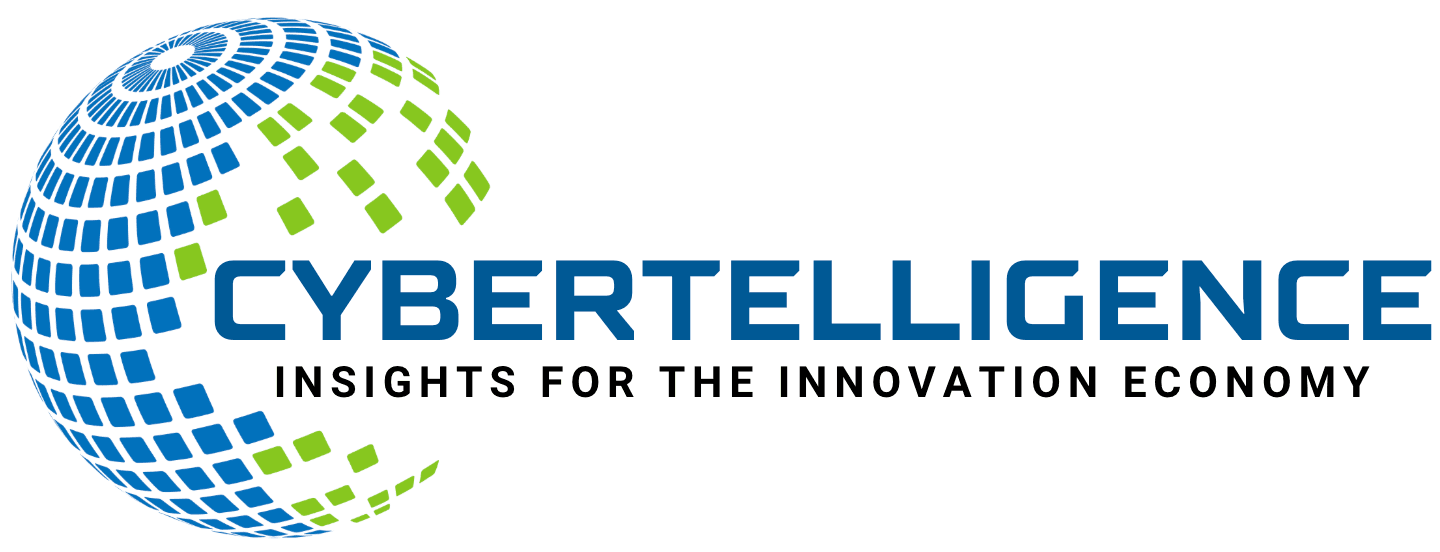Artificial Intelligence (AI) has the potential to revolutionize the way content is created and scaled. With the ability to analyze data, understand patterns, and generate human-like text, AI can significantly increase the efficiency and speed of content creation. This is particularly valuable for businesses and organizations that need to produce large volumes of content to keep up with the demands of digital marketing and online presence. AI can help in creating blog posts, social media updates, product descriptions, and other types of content at a scale that would be impossible for humans alone. By leveraging AI, businesses can save time and resources while still maintaining high-quality content that engages and resonates with their target audience.
Furthermore, AI can also help in personalizing content at scale, allowing businesses to tailor their messaging to different segments of their audience. This level of personalization can lead to higher engagement and conversion rates, as customers are more likely to respond positively to content that speaks directly to their needs and interests. Overall, the potential of AI in scaling content is vast, and businesses that embrace this technology stand to gain a significant competitive advantage in the digital landscape.
Understanding SEO Penalties and Their Impact on Content Scaling
Search Engine Optimization (SEO) penalties can have a significant impact on the effectiveness of content scaling efforts. When a website is penalized by search engines such as Google, its rankings in search results can drop dramatically, leading to a decrease in organic traffic and visibility. SEO penalties can be imposed for a variety of reasons, including the use of black hat tactics, low-quality content, and spammy backlinks. When scaling content using AI, it’s crucial to ensure that the content generated is of high quality and complies with SEO best practices to avoid penalties that could harm the website’s online presence.
In addition, SEO penalties can also affect the overall reputation and credibility of a business or organization. When a website is penalized, it can be perceived as less trustworthy and authoritative by both search engines and users. This can have long-term consequences for the brand’s online visibility and customer acquisition efforts. Therefore, understanding SEO penalties and their impact on content scaling is essential for businesses looking to leverage AI for their content creation needs.
Leveraging AI to Scale Content Without SEO Penalties
Leveraging AI to scale content without incurring SEO penalties requires a strategic approach that prioritizes quality and compliance with search engine guidelines. One way to achieve this is by using AI-powered tools that are specifically designed to generate high-quality, SEO-friendly content. These tools can analyze keywords, understand search intent, and produce content that aligns with best practices for on-page optimization. By using AI in this way, businesses can scale their content production without sacrificing quality or risking SEO penalties.
Another important aspect of leveraging AI to scale content without SEO penalties is to ensure that the generated content is original and adds value to the target audience. Search engines prioritize unique and valuable content, so businesses must use AI to create content that is not only optimized for search but also provides useful information or entertainment to users. This can be achieved by training AI models on specific industry knowledge and brand voice, allowing them to generate content that reflects the expertise and personality of the business. By focusing on originality and value, businesses can use AI to scale their content production while maintaining a positive relationship with search engines.
Best Practices for Using AI to Scale Content Effectively
When using AI to scale content, there are several best practices that businesses should follow to ensure success. Firstly, it’s important to set clear goals and objectives for content scaling efforts. This includes defining the target audience, identifying key performance indicators (KPIs), and establishing a content strategy that aligns with the overall marketing goals of the business. By having a clear roadmap for content scaling, businesses can use AI more effectively to produce content that drives results.
Another best practice for using AI to scale content effectively is to continuously monitor and analyze performance data. By tracking metrics such as engagement, conversion rates, and search rankings, businesses can gain insights into the effectiveness of their AI-generated content and make adjustments as needed. This data-driven approach allows businesses to optimize their content scaling efforts over time, ensuring that they are producing high-quality content that resonates with their audience.
Furthermore, it’s important for businesses to invest in training and education for their teams when using AI for content scaling. This includes providing employees with the necessary skills and knowledge to work alongside AI tools effectively, as well as staying updated on the latest developments in AI technology and best practices for content creation. By empowering their teams with the right resources and expertise, businesses can maximize the potential of AI in scaling content and drive better results for their marketing efforts.
Balancing Quantity and Quality: AI’s Role in Content Scaling
One of the key challenges in scaling content is balancing quantity with quality. While AI can help in producing large volumes of content at a rapid pace, it’s essential for businesses to prioritize quality over quantity to achieve long-term success. This means using AI to generate content that is not only optimized for search engines but also provides value to the target audience. By focusing on quality, businesses can build trust with their audience and establish themselves as authoritative sources in their industry.
AI’s role in balancing quantity and quality also extends to personalization. With the ability to analyze data and understand user behavior, AI can help businesses tailor their content to different segments of their audience, ensuring that each piece of content resonates with its intended recipients. This level of personalization can lead to higher engagement and conversion rates, as customers are more likely to respond positively to content that speaks directly to their needs and interests.
Overall, AI’s role in balancing quantity and quality is crucial for businesses looking to scale their content effectively. By using AI to produce high-quality, personalized content at scale, businesses can drive better results for their marketing efforts while maintaining a positive relationship with search engines.
Monitoring and Adjusting AI-Generated Content for SEO Compliance
Monitoring and adjusting AI-generated content for SEO compliance is essential for businesses looking to scale their content effectively without incurring penalties from search engines. This involves regularly reviewing the content produced by AI tools to ensure that it aligns with best practices for on-page optimization, keyword usage, and overall quality. By monitoring the performance of AI-generated content, businesses can identify any potential issues or areas for improvement and make adjustments as needed.
In addition, businesses should also leverage AI-powered tools for SEO analysis and optimization. These tools can help in identifying opportunities for improvement in AI-generated content, such as optimizing meta tags, improving internal linking structures, and addressing technical SEO issues. By using AI in this way, businesses can ensure that their content complies with search engine guidelines while still being produced at scale.
Furthermore, it’s important for businesses to stay updated on the latest developments in search engine algorithms and SEO best practices when using AI to scale their content. By staying informed about changes in search engine guidelines and industry trends, businesses can adapt their content scaling strategies accordingly and avoid potential penalties or setbacks.
The Future of Content Scaling with AI: Opportunities and Challenges
The future of content scaling with AI presents both opportunities and challenges for businesses. On one hand, AI has the potential to revolutionize the way content is created and scaled, allowing businesses to produce large volumes of high-quality, personalized content at a rapid pace. This can lead to increased efficiency, better engagement with the target audience, and ultimately higher returns on investment for marketing efforts.
However, there are also challenges that businesses must address when leveraging AI for content scaling. One of the key challenges is ensuring that AI-generated content complies with SEO best practices and does not incur penalties from search engines. This requires a strategic approach that prioritizes quality over quantity and involves continuous monitoring and adjustment of AI-generated content.
Another challenge is maintaining a human touch in AI-generated content. While AI can help in producing large volumes of text at scale, it’s essential for businesses to ensure that the content still reflects the brand’s voice and personality. This involves training AI models on specific industry knowledge and brand guidelines, as well as providing human oversight to ensure that the generated content aligns with the business’s values and objectives.
Overall, the future of content scaling with AI holds great promise for businesses looking to drive better results for their marketing efforts. By embracing this technology strategically and addressing potential challenges proactively, businesses can leverage AI to scale their content effectively while maintaining a positive relationship with search engines and their target audience.




